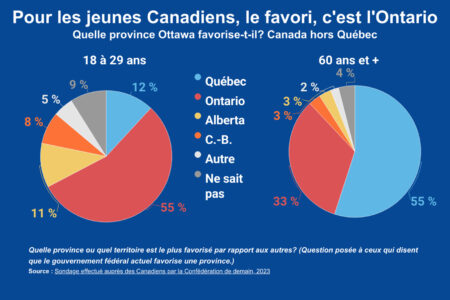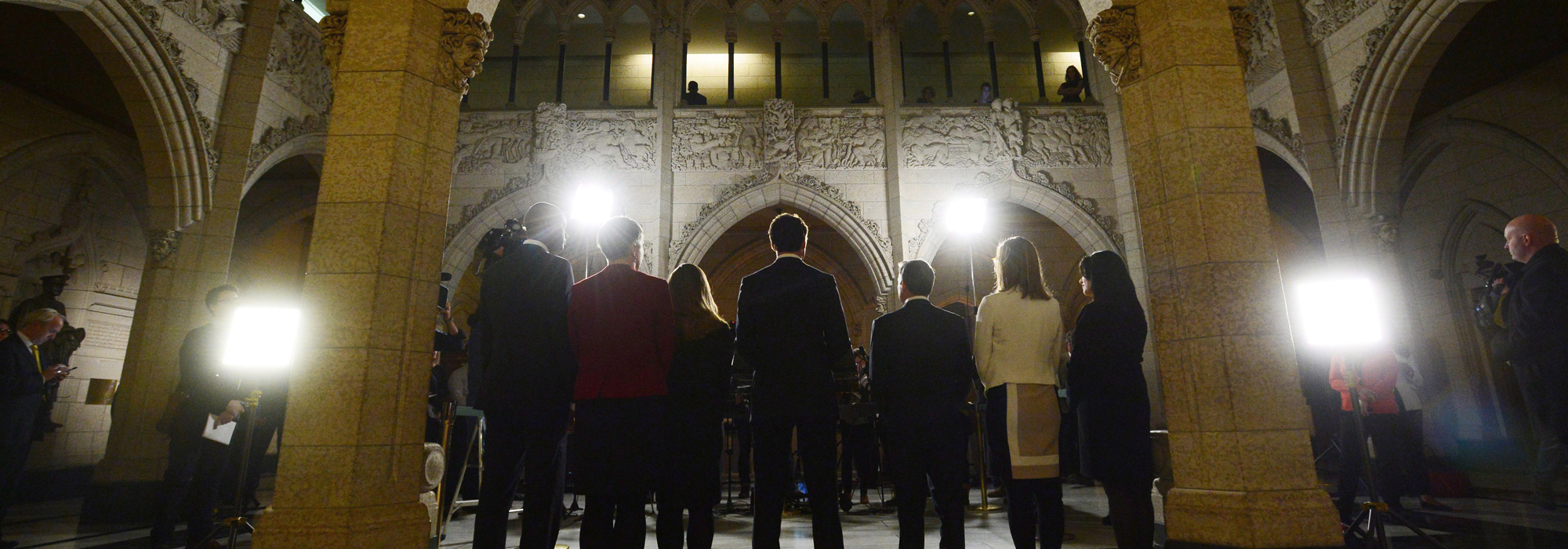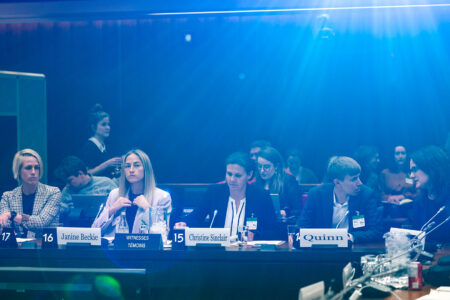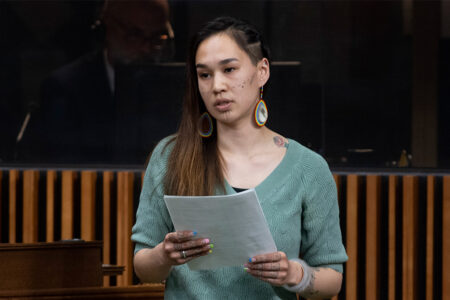
In 2015, when the Liberals were falling in the polls due to their stance on the Conservative government’s anti-terrorism bill, Justin Trudeau launched a pillar promise to fix the country’s broken electoral system. He said he’d heard from Canadians that they wanted their votes to count – meaning they wanted to be able to cast a ballot that actually elected MPs aligned with their political values, and they wanted their voting intentions accurately reflected in election results. In other words, they wanted representation for all and they wanted their votes to accurately reflect seats in the House of Commons.
Canadians often talk about 39 per cent majorities that can arise from the first-past-the-post system. Most would be surprised to realize that a mere 4.6 million Canadians voted for the 184 Liberal MPs who currently hold power.
According to the opposition, Trudeau repeated his promise to “make every vote count” more than 1,800 times, apparently well aware it would resonate with voters. It was not a radical promise. More than 90 countries around the world – 80 per cent of OECD nations – have systems of proportional representation using multi-member districts as a mechanism to offer citizens a reasonable opportunity to elect a representative aligned with their political values.
In 2015, voters wanted real change from the Conservative government. They were not looking for a better boss; they wanted a confident leader who would fix the system and work on behalf of all Canadians, not just the partisan apparatchiks in the backrooms.
Last week, after a cross-country tour that could only find “ordinary Canadians” in Liberal ridings, Trudeau finally put his cards on the table and showed Canadians that he did not possess the leadership qualities required to champion a fairer system. He chose the allure of another false majority, and the fortunes of his party over Canadian democracy.
The night before the announcement, the new minister of democratic institutions reached out to various stakeholders, including Fair Vote Canada, Leadnow and Nathan Cullen, the NDP’s democratic reform critic, to introduce herself. When asked if legislation was still on the table for May, Karina Gould told me that she was still not fully briefed on the file and could not comment. The next morning, she stood in front of the media and killed the promise. Which begs the question, did she cram all night and make the decision in the wee hours of Feb.1, or did the marching orders come directly from the PMO?
Trudeau said the Liberals could not find consensus between his preferred majoritarian system, the NDP’s desire for proportional representation and the Conservatives’ unrelenting demand for a referendum. What he failed to acknowledge was his broken promise was not about him or the other parties. It was about respecting voters and their collective future.
If the Liberals had truly listened to Canadians, if they had paid attention to the vast amount of research available and acknowledged the results of their own consultation process, they would have agreed there was consensus:
- In 2015, 63 per cent of voters cast ballots for parties that said they would make every vote count
- Canada has had 13 previous studies and consultations that all recommended adding proportionality to the voting system
- 71 per cent of Canadians who participated in the government’s My Democracy Survey said they wanted parties to govern together
- 80 per cent of citizens that went to the town halls last summer asked for proportional representation
- The government’s Special Committee on Electoral Reform (ERRE) recommends proportional representation
- 88 per cent of experts at the ERRE, who indicated a system preference, recommended proportional representation
- The ERRE’s survey also found 71.5 per cent of Canadians wanted a system that respected voter intention where the proportion of overall votes match the percentage of seats in the House of Commons.
What’s the point of spending millions of dollars on consultations when the government ignores the findings? The survey alone cost an estimated $3 million. Add in a cross-country tour, marketing materials, the cost of the Electoral Reform Committee, their travels across the country and hosting close to 200 expert witnesses, one has to wonder if Canadians just paid for a charade to protect the Liberal brand. Clearly, the Liberals never wanted to “make every vote count.”
Trudeau offered the excuse that false majorities under first-past-the-post can guard against extremist radicals in the system. Unfortunately, the glaring example of our neighbours to the south of us, who use the same first-past-the-post system to elect representatives, makes mincemeat of that argument.
Electoral reform has become a Liberal bonbon offered at election time. As far back as 1919, Liberals have campaigned on the promise of proportional representation – starting with Mackenzie King and continuing to Pierre Trudeau, Dalton McGuinty, Gordon Campbell, Kathleen Wynne, David Swann in Alberta, and Jon Gerrard and Rana Bokhari in Manitoba. Liberals have inspired voters at election time with a promise to fix our unfair first-past-the-post voting system, despite how unpopular these promises are among their backroom operatives. Unfortunately, they have all failed to deliver better democracy.
Broken election promises make voters cynical. In the world of politics, some will compromise their integrity and make promises they never intended to keep to seize power. The real question is how much will this broken promise tarnish Justin Trudeau’s brand – he may have a hard time convincing most that we can trust him in 2019.
Photo: Prime Minister Justin Trudeau, middle, holds a press conference as he’s joined by his newly sworn in ministers Maryam Monsef, Minister of Status of Women, right to left, Karina Gould, Minister of Democratic Institutions, Francois-Philippe Champagne, Minister of International Trade, Chrystia Freeland, Minister of Foreign Affairs, Patty Hajdu, Minister of Labour and Ahmed Hussen, Minister of Immigration, Refugees and Citizenship on Parliament Hill in Ottawa on Tuesday, Jan 10, 2017., following a cabinet shuffle at Rideau Hall. The Canadian Press/Sean Kilpatrick
This article is part of the special feature Electoral Reform.
Do you have something to say about the article you just read? Be part of the Policy Options discussion, and send in your own submission. Here is a link on how to do it. | Souhaitez-vous réagir à cet article ? Joignez-vous aux débats d’Options politiques et soumettez-nous votre texte en suivant ces directives.






